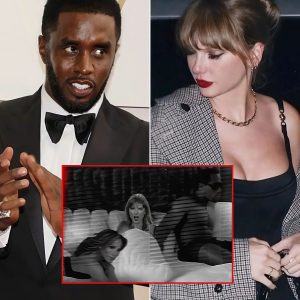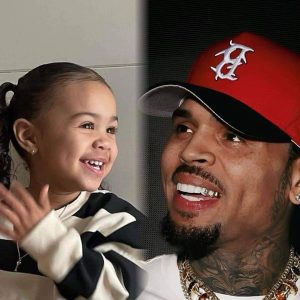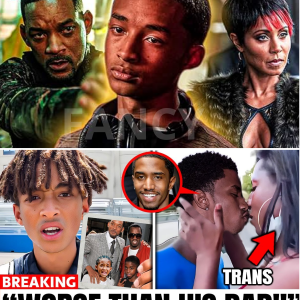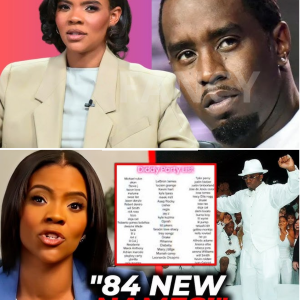In recent events, Tyrese Gibson’s choice to wear a red dress on the red carpet sparked controversy and raised questions about Hollywood’s treatment of black actors and comedians. This incident reignited discussions about a longstanding narrative surrounding the industry’s alleged practice of making black men wear dresses as a form of humiliation or initiation ritual. The tradition, often dismissed as conspiracy theory, has been acknowledged by figures like Dave Chappelle, who revealed his own experience with pressure to wear a dress during a movie production. Despite resisting, Chappelle’s encounter shed light on the persistence of this phenomenon in Hollywood

Kevin Hart’s subsequent appearance in a dress on SNL, followed by Cat Williams’ remarks linking the practice to the Illuminati, fueled further speculation. Williams suggested that wearing dresses in Hollywood could be tied to joining the elite group, prompting reflection on the industry’s power dynamics.
Historically, black masculinity has been subject to manipulation and emasculation, with the portrayal of black men in dresses serving as a manifestation of this. The phenomenon, which has roots in slavery-era attempts to undermine black manhood, raises questions about the perpetuation of harmful stereotypes and the erasure of black women’s experiences. While some argue that wearing dresses is a comedic tradition and harmless, others view it as reinforcing negative stereotypes and limiting black actors’ portrayals. Terrence Howard highlighted the disparity in how strength is perceived between white and black men, suggesting a systemic bias in Hollywood. In conclusion, Tyrese Gibson’s red dress moment serves as a catalyst for deeper conversations about representation, power dynamics, and the complexities of black masculinity in Hollywood. As discussions continue, it’s essential to critically examine the industry’s practices and their implications for marginalized communities.





